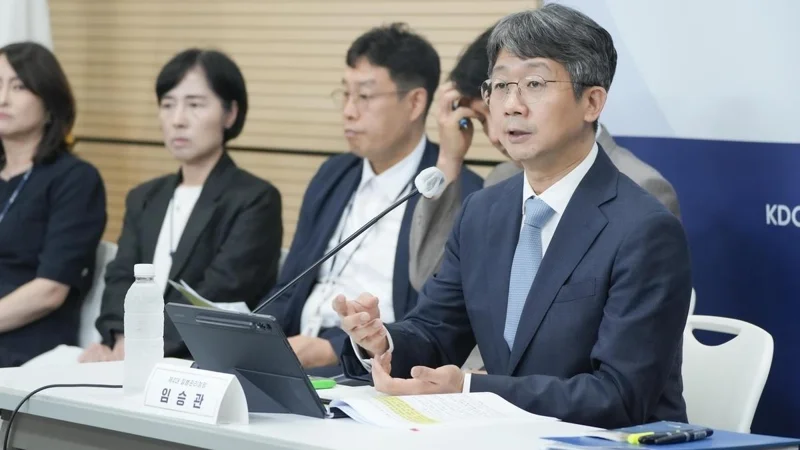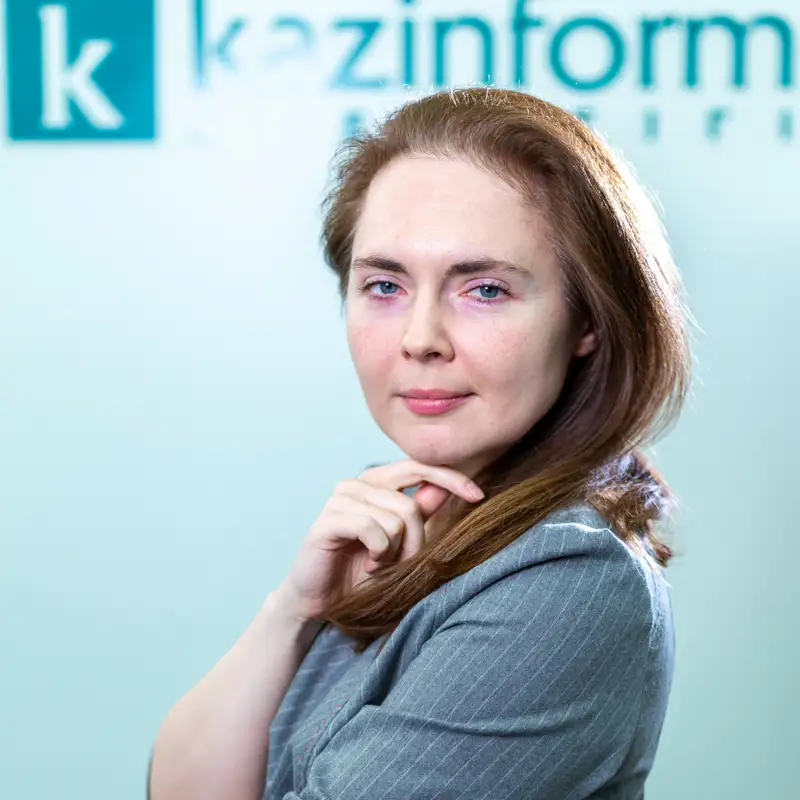South Korean agency to step up AI-driven disease management, crisis response
South Korea's disease control agency said Tuesday it will focus on data science-based disease prediction and management over the next two years, while effectively reorganizing its crisis response system to better prepare for emerging infectious diseases, Yonhap reports.

Lim Seung-kwan, commissioner of the Korea Disease Control and Prevention Agency (KDCA), made the remarks at a press conference held in Osong, 124 kilometers south of Seoul.
"With AI now established as not only an industrial tool but also a national survival strategy and a key driver of innovation in people's lives, this is the right moment for the KDCA to take a significant leap forward," Lim said.
The agency will actively adopt AI technologies to improve the collection, analysis and use of health data, aiming to raise the overall level of data science in its operations, enhance efficiency and promote public health, he added.
To achieve these goals, the agency plans to launch a dedicated task force led by the commissioner to integrate its diverse functions and apply advanced technical expertise across divisions.
"The agency will continue to expand and open big data resources by linking its health information with data from a wide range of external organizations," he said.
As for the reorganization, Lim stressed the need to revamp the national infectious disease response system to ensure both effectiveness and efficiency.
The agency has dealt with a range of outbreaks, including severe acute respiratory syndrome (SARS) in 2003, Middle East respiratory syndrome (MERS) in 2015 and most recently the COVID-19 pandemic.
Lim said the outbreak of another pandemic is "a matter of time," adding that preparations must reflect changing social conditions.
"While building on the successful experience of handling COVID-19, preparations for future diseases must take into account the nation's fiscal capacity at the time of the next disaster, a rapidly aging population and potential shifts in public acceptance of quarantine measures," he said.
The KDCA has identified avian influenza as the most likely pandemic threat after COVID-19.
Regarding a recent on-site evaluation of South Korea's health emergency response capacity by the World Health Organization (WHO), Lim said the country was recognized for its strong health security system.
Korea earned the highest scores in 52 out of 56 categories, including laws, finance and response systems.
"The country boosted biosafety and biosecurity by establishing state-of-the-art training facilities, engaging the private sector in training and standardized procedures and working with other countries to share best practices," Gina Samaan, regional emergency director at the WHO Regional Office for the Western Pacific, told Yonhap News Agency in a recent interview.
For areas of improvement, Samaan recommended that the government conduct simulation exercises to test multi-sector coordination in emergencies and expand the health security workforce to address emerging challenges, such as the aging population.
Erlier, Neurotech launched an AI-driven smart controller to optimize electricity use in refugee camps.
